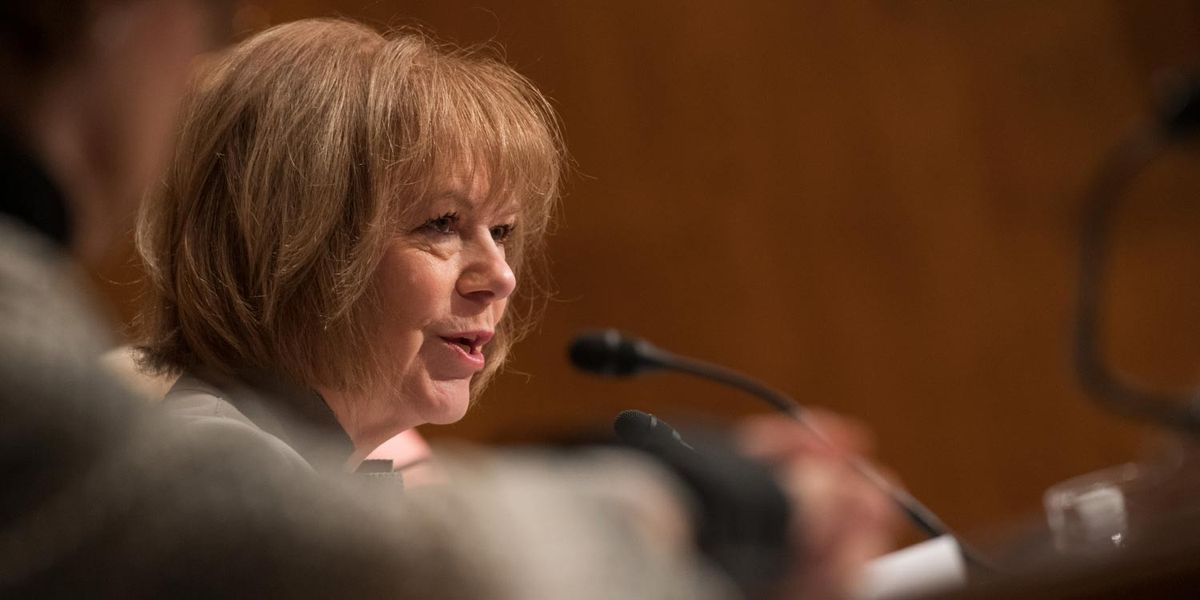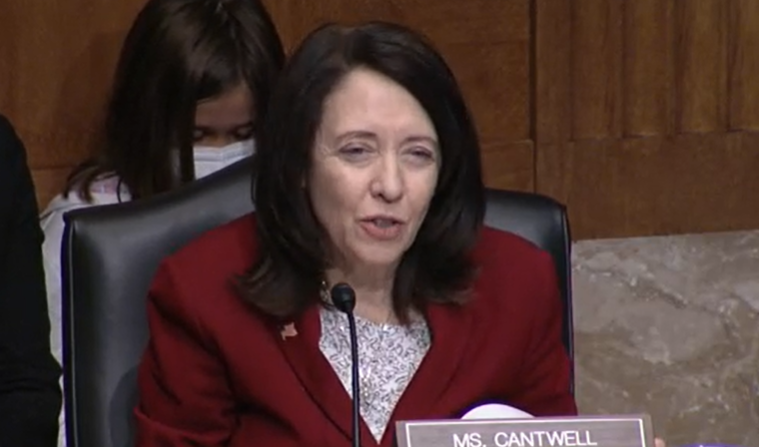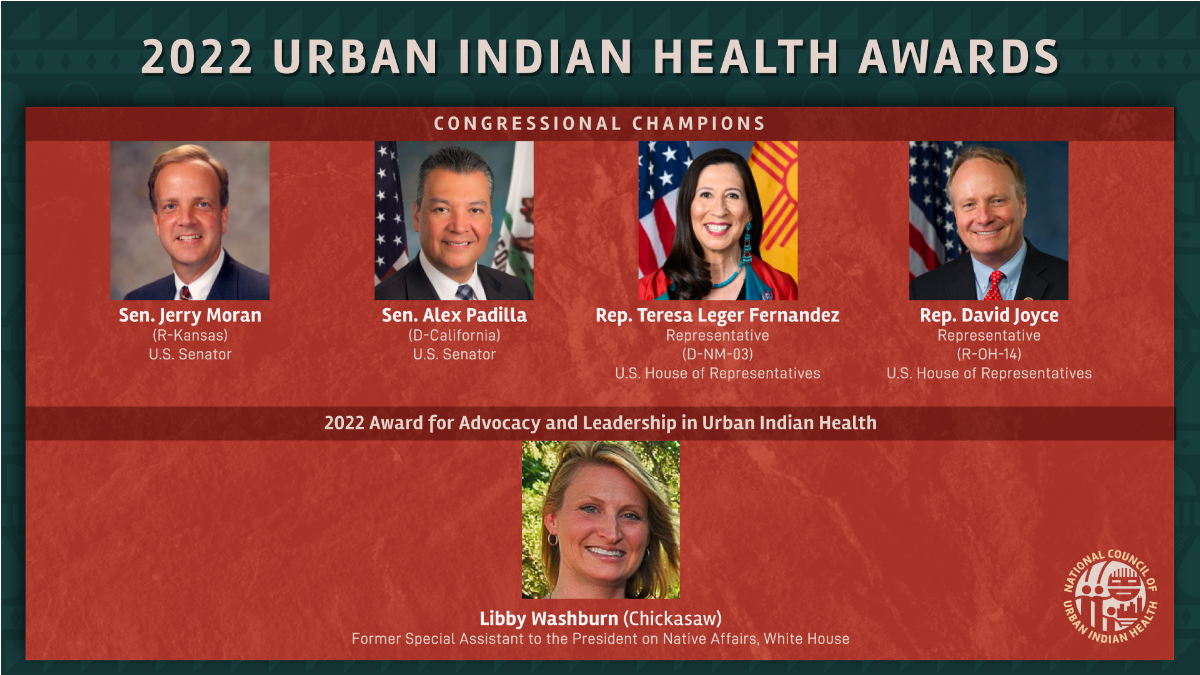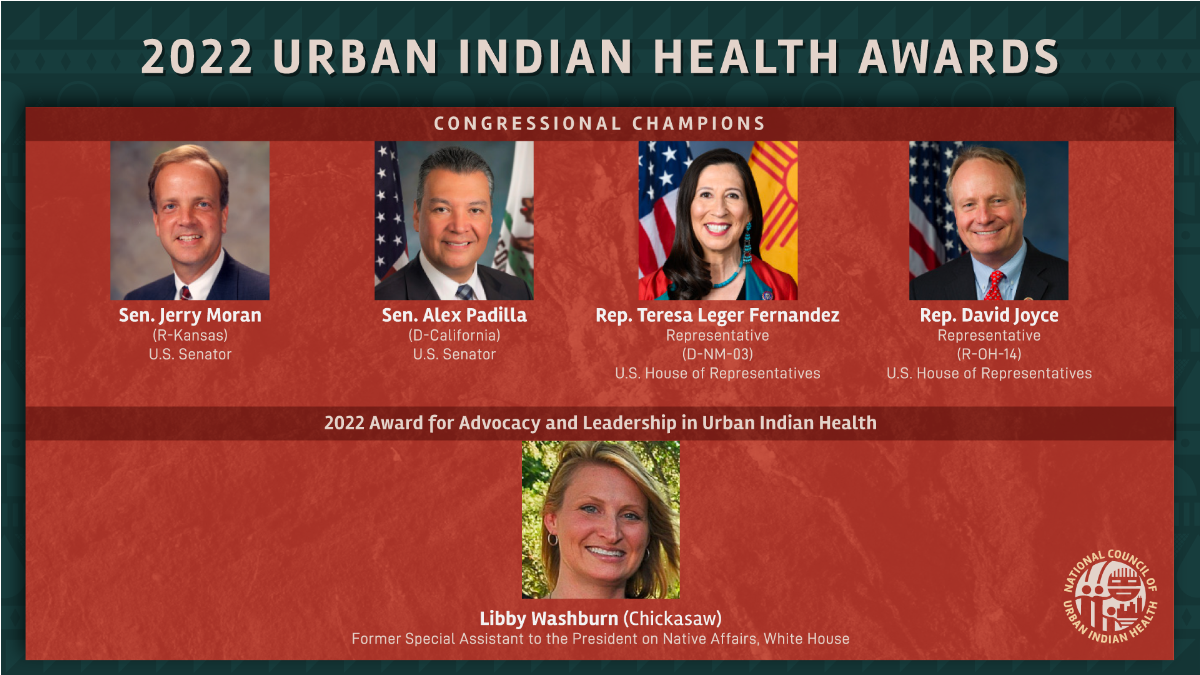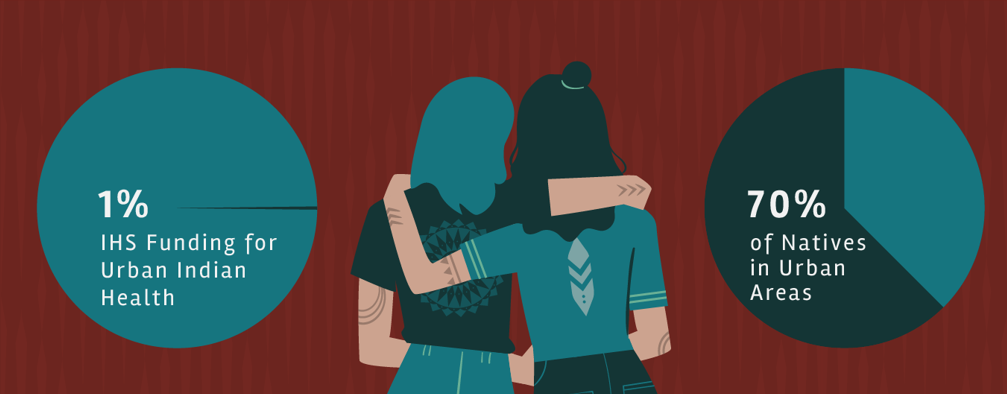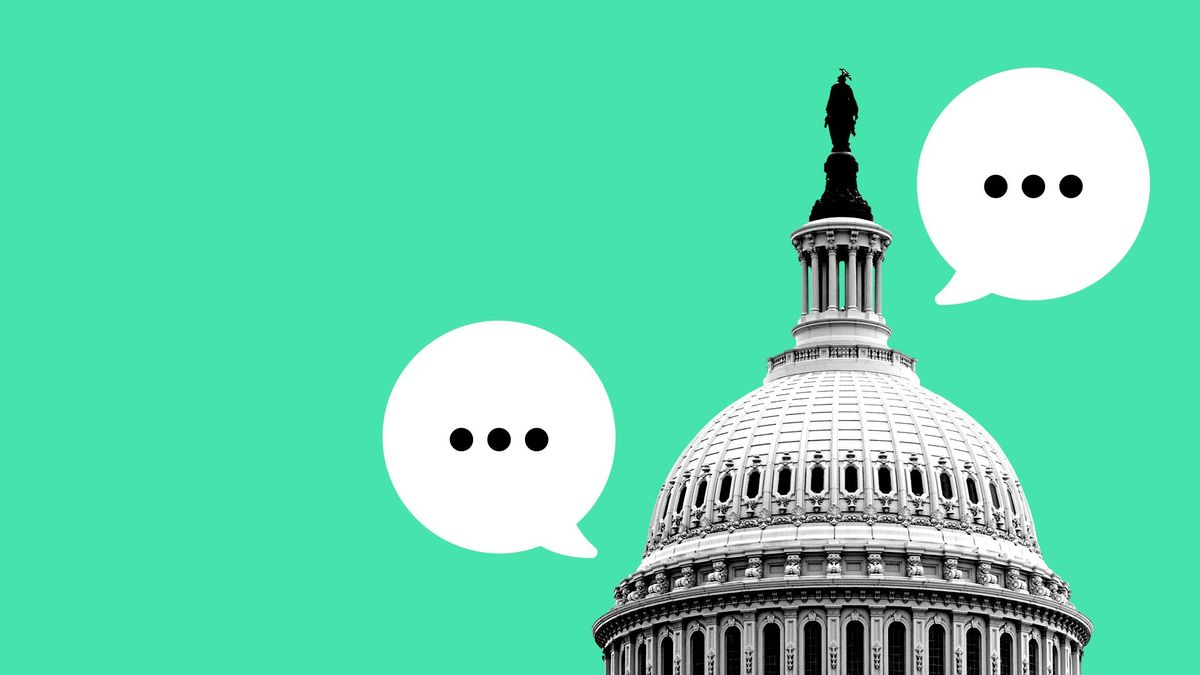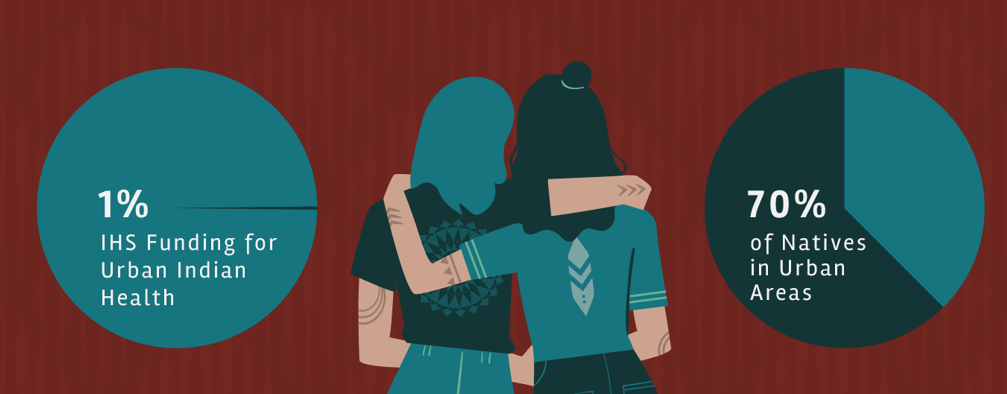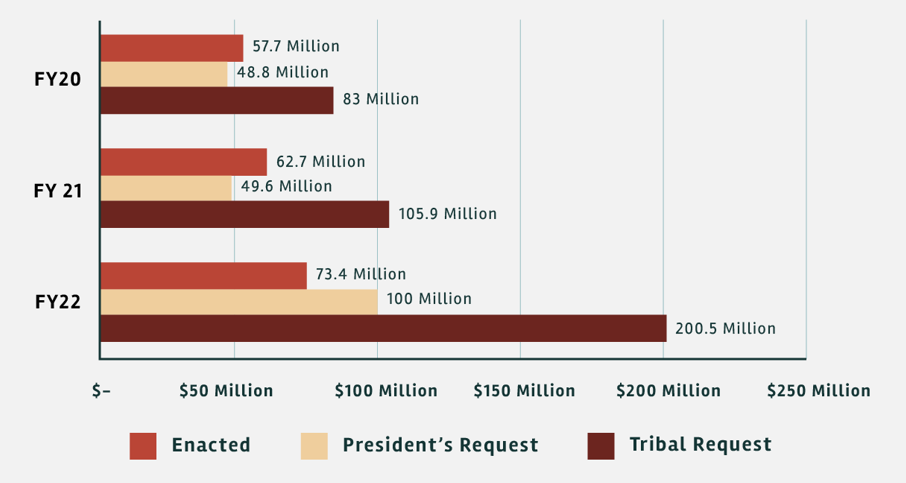Bipartisan Urban Indian Health Confer Act Introduced by Senators Smith and Lankford
On May 26, 2022, Senators Tina Smith (D-MN) and James Lankford (R-OK) introduced the Urban Indian Health Confer Act (S. 4323). This legislation would require the Department of Health and Human Services (HHS) to confer with urban Indian organizations (UIOs) on policies and initiatives regarding health care for the over 70% American Indians and Alaska Natives (AI/ANs) living off of reservations.
The National Council of Urban Indian Health (NCUIH) worked closely with Senators Smith and Lankford on the introduction of this Senate companion bill to H.R. 5221. Representatives Raúl Grijalva (D-AZ-3), Betty McCollum (D-MN), Tom Cole (R-OK), Karen Bass (D-CA), Eleanor Holmes Norton (D-DC), and the late Don Young (R-AK) were original cosponsors of the House legislation. On November 2, 2021, the Urban Indian Health Confer Act (H.R. 5221) passed the House of Representatives by 406 to 17.
NCUIH has long advocated for the importance of facilitating confer between numerous federal branches within HHS to ensure access to high-quality health services for all Native people. At a hearing on October 5, 2021, HHS explained that rollouts of COVID-19 vaccines were delayed to urban Indians due to lack of an urban confer policy.
The National Congress of American Indians (NCAI) has also passed a resolution to “Call for the U.S. Department of Health and Human Services (HHS) Secretary to Implement an Urban Confer Policy Across the Department and its Divisions” showing broad support among stakeholders in Indian Country. It is important to note that Urban Confer policies do not supplant or otherwise impact tribal consultation and the government-to-government relationship between tribes and federal agencies.
“Proper urban confer policies across all HHS agencies has been long overdue and exacerbated amid the current public health crisis ravaging Indian Country. We welcome the federal government’s effort to further fulfill their trust and treaty obligation for all American Indians and Alaska Natives, including those residing in urban areas,” said Walter Murillo (Choctaw Nation of Oklahoma), Chief Executive Officer of NATIVE HEALTH and NCUIH Board Member.
Next Steps
The bill was referred to the Senate Committee on Indian Affairs. It currently awaits consideration. Please get in touch with your Senator to ask them to request that the Senate Committee on Indian Affairs to move forward on this legislation.
Resources
- NCUIH Urban Confer Fact Sheet
- S.4323 Bill Text
- House Passes NCUIH Urban Indian Health Confer Bill (November 3, 2021)
- NCUIH Press Release: Congressional Hearing Highlights How Lack of Urban Confer Delayed Vaccine Rollout for Urban Indians (October 6, 2021)
- NCUIH Press Release: Bipartisan Urban Indian Health Confer Act Introduced by Grijalva, McCollum and Cole (September 10, 2021)
- NCAI Passes Resolution to “Call for the U.S. Department of Health and Human Services Secretary to Implement an Urban Confer Policy Across the Department and its Divisions.”
Background
Urban Confer policies are a response to decades of deliberate federal efforts (i.e. forced assimilation, termination, relocation) that have resulted in over 70% of AI/AN people living outside of Tribal jurisdictions, thus making Urban Confer integral to addressing the care needs of most AI/AN persons. Currently, only the Indian Health Service (IHS) has a legal obligation to confer with UIOs. According to the Congressional Research Services, HHS would have to confer with urban Indian organizations on “provisions of law relating to health care for American Indians and Alaska Natives.”
Missed opportunities for awareness and information provided to UIOs regarding AI/AN healthcare can be avoided through a confer process. For instance, key information regarding vaccine distribution for the initial COVID-19 vaccine rollout was poorly communicated to UIOs and created unnecessary hardship. HHS addressed initial communications only to Tribes and did not direct it to the UIO component of the IHS system. When HHS was asked about whether UIOs needed to similarly decide between an IHS or state vaccine allocation, it was unclear for weeks as to whether they were expected to make such a decision. Eventually, HHS asked UIOs to decide between receiving their vaccine distribution from either their state jurisdiction or IHS the same day as the initial deadline (which thankfully HHS subsequently extended for several days). Some UIOs were informed of the deadline by their Area office with no formal national communication. As a result, many of our clinics experienced delays in vaccine rollout.
“Agencies have been operating as if only IHS has a trust obligation to AI/ANs, and that causes an undue burden to IHS to be in all conversations regarding Indian Country in order to talk with agencies. It is imperative that UIOs have avenues for direct communication with agencies charged with overseeing the health of their AI/AN patients, especially during the present health crisis,” said NCUIH CEO, Francys Crevier (Algonquin).
The disregard by some agencies to communicate with UIOs is not only a failure to urban Indians and is inconsistent with the government’s responsibility, but it is contrary to sound public health policy. The bill would codify the intent of the Federal Trust Responsibility to ensure equitable health care access to AI/AN by amending legislative text in Section 514, Subsection (b) of the Indian Health Care Improvement Act (25 USC § 1660d) (IHCIA).

